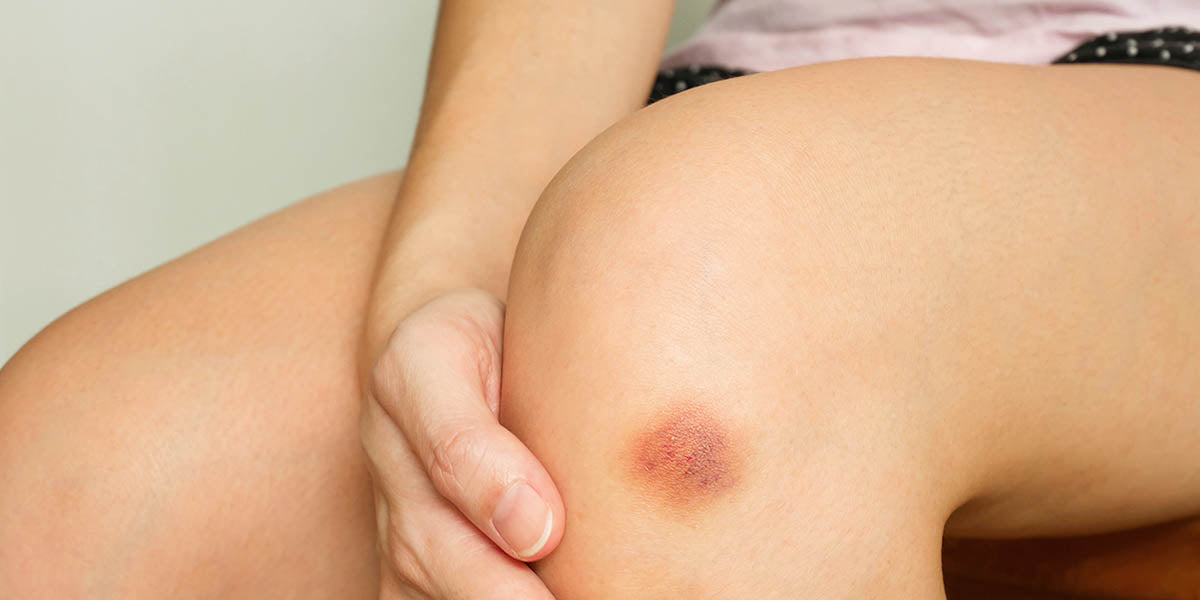
Most bruises are the result of everyday clumsiness-induced blunt-force trauma. Normally, it's not a serious problem, but excessive bruising can sometimes indicate an underlying issue such as thin skin, weak capillaries or insufficient collagen levels.
This vitamin deficiency bruising can result more from nutrition than lack of motor control. Bruises typically occur when someone bumps into something. The trauma damages capillaries beneath the skin, causing a tiny amount of blood to seep out and leave a darkened area. The older a person gets, the more they tend to bruise. This is because the skin gets thinner and loses a protective layer of fat as people age.
Certain medications, such as blood thinners, can also cause people to bruise more. However, another common culprit is Vitamin C deficiency.
Vitamin C is an essential nutrient for the body. It supports the immune system, works as a powerful antioxidant and is necessary for the natural production of collagen. Collagen is a structural protein that aids in the maintenance and repair of blood vessel walls and other connective tissue. When a person does not get enough Vitamin C, their body can bruise more easily. They may also experience joint pain, a weakened immune response and slower healing of wounds.
If a person develops a severe Vitamin C deficiency, known as scurvy, they can also suffer from bleeding gums, the loss of teeth and hair and the degeneration of blood vessels. This condition is relatively rare in the modern U.S., especially given the wide availability of Vitamin C in the diet and Vitamin C supplements, but it does still occur in some individuals with poor nutritional habits.
In order to prevent these health problems, health experts recommend that adults consume at least 60–90 mg of Vitamin C each day. In addition to Vitamin C deficiency, insufficient levels of Vitamin K and Vitamin D may also lead to excessive, vitamin deficiency bruising, as they are both essential to the blood coagulation process.
Meanwhile, Vitamin B9 and B12 deficiencies can also cause blood vessel damage and increased bruising. While a healthy diet is important for the prevention of vitamin deficiencies, the use of Vitamin C supplements and other supplemental nutrients can give the body an extra layer of protection.

